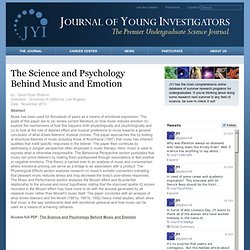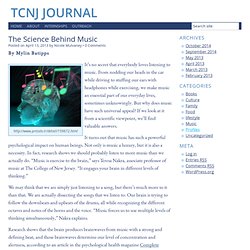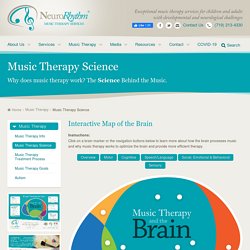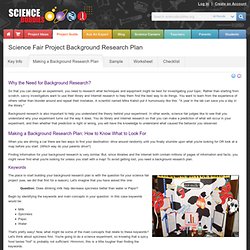

American Music Therapy Association (AMTA) Music For Health? I've read news reports about a study in England in which Gregorian chants were found to reduce stress, lower heart rate and blood pressure, but I haven't seen any scientific studies on the subject.

In May 2008, the Daily Mail, a British newspaper, published an account of research in London on five monks who had their heart rate and blood pressure measured over the course of a 24-hour period. The investigators found that blood pressure and heart rate dropped to their lowest points when the monks were chanting and theorized that chanting can improve mental state, reduce tension and increase efficiency in the workplace. I wasn't surprised to read about these results. Music can have a powerful effect on mind and body. In fact, hospitals use music therapy to ease pain, boost patients' moods and counteract depression, help them sleep and reduce muscle tension so that they can relax.
Our bodies react instinctively to different rhythms. Andrew Weil, M.D. The Science and Psychology Behind Music and Emotion. By: Gavin Ryan Shafron Institution: University of California, Los Angeles Date: November 2010 Abstract.

The Science Behind Music. By Mylin Batipps It’s no secret that everybody loves listening to music.

From nodding our heads in the car while driving to stuffing our ears with headphones while exercising, we make music an essential part of our everyday lives, sometimes unknowingly. But why does music have such universal appeal? If we look at it from a scientific viewpoint, we’ll find valuable answers. It turns out that music has such a powerful psychological impact on human beings. We may think that we are simply just listening to a song, but there’s much more to it than that. Music Therapy Science - NeuroRhythm Music Therapy, Colorado Springs, CO 80906. Interactive Map of the Brain Instructions:Click on a brain marker or the navigation buttons below to learn more about how the brain processes music and why music therapy works to optimize the brain and provide more efficient therapy.

Read Overview Close Overview Music is Processed in All Areas of the Brain Music is processed in all areas of the brain and has the ability to access and stimulate areas of the brain that may not be accessible through other modalities.Research shows that music enhances and optimizes the brain, providing better, more efficient therapy and improved performance of cognitive, motor, and speech/language tasks. Cognitive Cognitive Skills Executive functions including reasoning, planning, problem solving, attention, working memory, organization, abstract thinking, and initiation, inhibition and monitoring of actions.
Brain Areas Involved in Cognitive Skills How the Brain Processes Music for Cognitive Skills. Science of Music: Online Exhibits & Activities. The Surprising Science Behind What Music Does To Our Brains. I’m a big fan of music, and use it a lot when working, but I had no idea about how it really affects our brains and bodies.

Since music is such a big part of our lives, I thought it would be interesting and useful to have a look at some of the ways we react to it without even realizing. "Without music, life would be a mistake" —Friedrich Nietzsche Of course, music affects many different areas of the brain, as you can see in the image below, so we’re only scratching the surface with this post, but let’s jump in. 1. Happy/sad music affects how we see neutral faces: We can usually pick if a piece of music is particularly happy or sad, but this isn’t just a subjective idea that comes from how it makes us feel.
Even short pieces of happy or sad music can affect us. Something else that’s really interesting about how our emotions are affected by music is that there are two kind of emotions related to music: perceived emotions and felt emotions. 2. 3. 4. Science Fair Project Guide. Writing a Science Fair Project Research Plan. Why the Need for Background Research?

So that you can design an experiment, you need to research what techniques and equipment might be best for investigating your topic. Rather than starting from scratch, savvy investigators want to use their library and Internet research to help them find the best way to do things. You want to learn from the experience of others rather than blunder around and repeat their mistakes. A scientist named Mike Kalish put it humorously like this: "A year in the lab can save you a day in the library. " Background research is also important to help you understand the theory behind your experiment. Science Project Procedures. The Parts of a Science Project Discovering "what happens if" The idea behind a science project is to discover "what happens if.

" What happens to one thing if you change something else? 1. The Research Question Your research question is what you hope to figure out. 2. The hypothesis is what you expect to happen in your experiment. 3. The procedure is the plan for how you will conduct your experiment. An experiment can only have one variable. 4. Results are the data, or information, that you collected. 5. The conclusion is what you learned from doing the experiment. What if your results do not support your hypothesis?